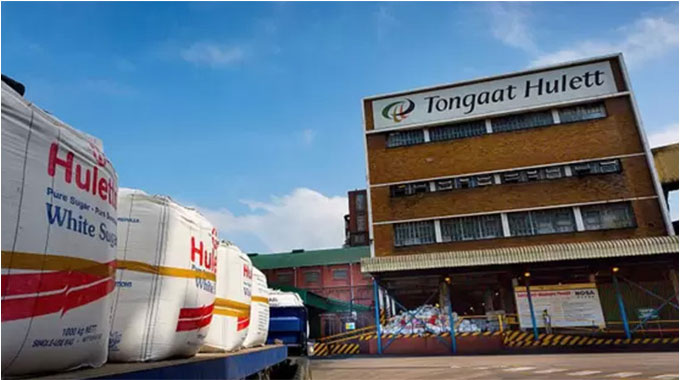
George Maponga, Masvingo Bureau
The size of cane plantations owned by indigenous out grower farmers in the Lowveld continues to expand with new farmers now accounting for 25 000 hectares, as more prospective local farmers wait on the wings to join growing the crop.
Sugar cane farming used to be a preserve of white former commercial farmers who were junior partners in an industry dominated by Tongaat Hulett Zimbabwe, which also owns the country’s only two mills at Hippo Valley estates and Triangle.
Government changed the configuration of land tenure in the Lowveld through the land reform programme, which saw indigenous farmers turning to sugar cane farming at the turn of the millennium.
The share of sugar cane produced by local out grower farmers has been steadily rising over the years, with estimates showing that local farmers now account roughly for 30 percent of aggregate sugar output in Zimbabwe.
Zimbabwe produces an average of 480 000 tonnes of raw sugar annually which is milled from cane supplied by new farmers and Tongaat.
Tongaat plantations at Hippo Valley and Triangle estates straddle over approximately 35 000ha.
Since the inception of the land reform, nearly 900 indigenous farmers have been allocated plots to grow cane on a commercial scale under the model A2 scheme.
The number is even set to go up, with approximately 200 more new indigenous farmers expected to get new plots being developed at Hippo Valley under the US$40 million Kilimanjaro sugar cane project.
This is expected to further push up the hectarage under local out growers as Kilimanjaro will add an additional 4 000ha that will be up for grabs amongst locals.
The development will further entrench government’s empowerment drive by putting more indigenous players in the economic driving seat.
Commercial Sugar cane Farmers Association of Zimbabwe (CSFAZ) chair Mr Admore Hwarare paid tribute to Government for embarking on the land redistribution programme.
He said local out grower cane farmers were now key stakeholders in sugar cane production because of the total size of plantations under their control.
“We want to thank Government for empowering indigenous people by giving them sugar cane plots in the Lowveld and most of them are actively playing a part in the ongoing thrust to develop the economy,” said Mr Hwarare.
He said cane fields under local out growers continued to expand.
“Right now, indigenous cane out growers own cane plots which are more than 24 000ha in size at Hippo Valley, Triangle and Mkwasine estates and this is quite a huge figure,” said Mr Hwarare. “Our Government must be applauded for that.”
Mr Hwarare said with more local cane farmers set to join the sector, indigenous players were set to become critical players in the lucrative, but labour intensive sector.
Before the land redistribution programme, Tongaat used to be the main sugar cane producer in the Lowveld where it owned cane fields at Hippo Valley, Triangle and Mkwasine estates.
Government took the entire Mkwasine estates in 2007 after it was gazetted for acquisition under the land reform programme.
